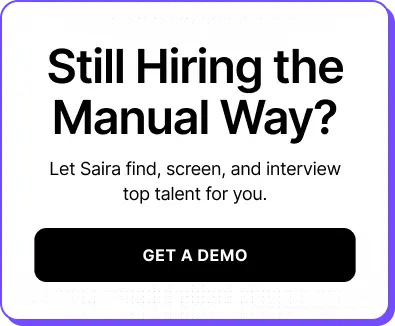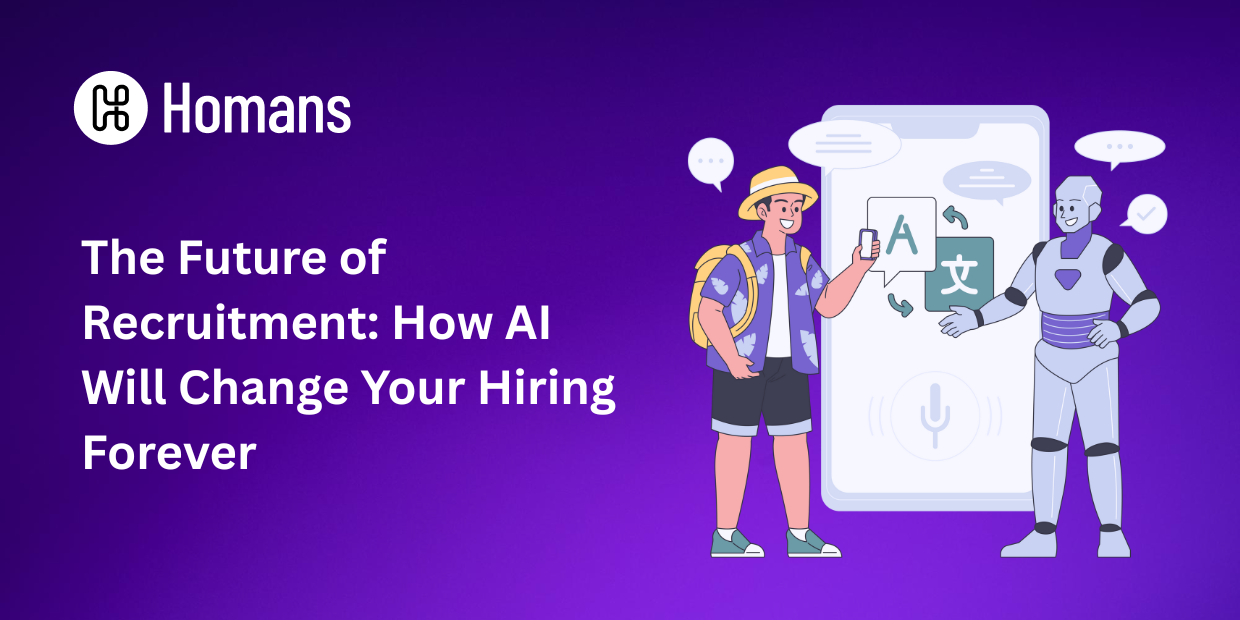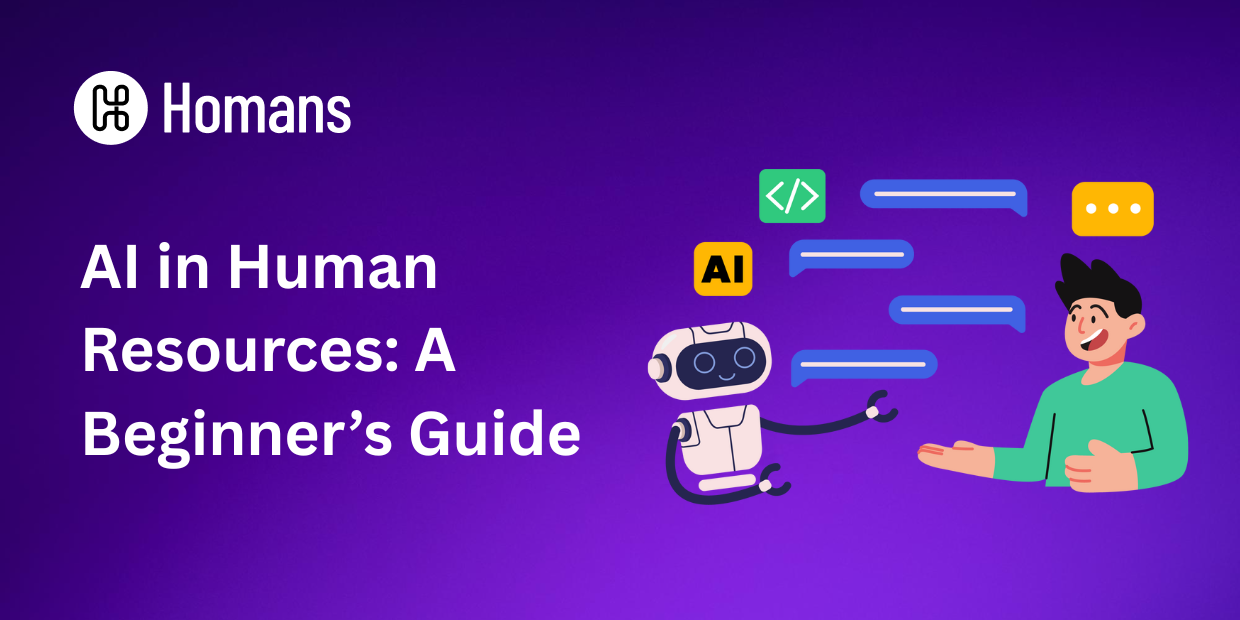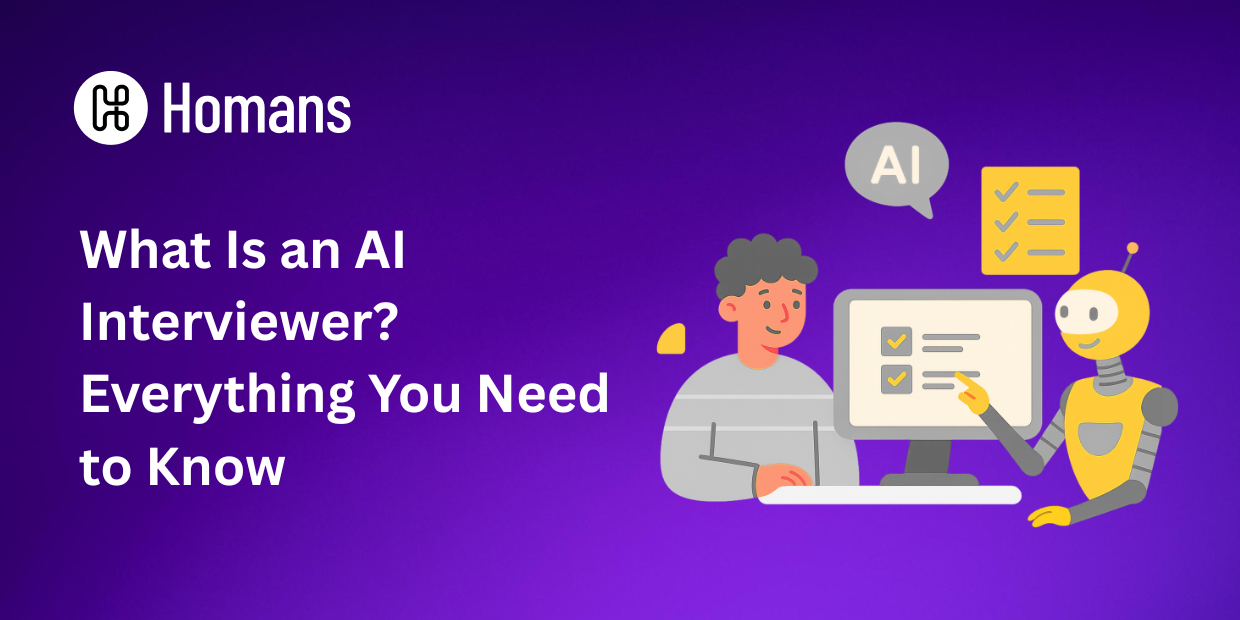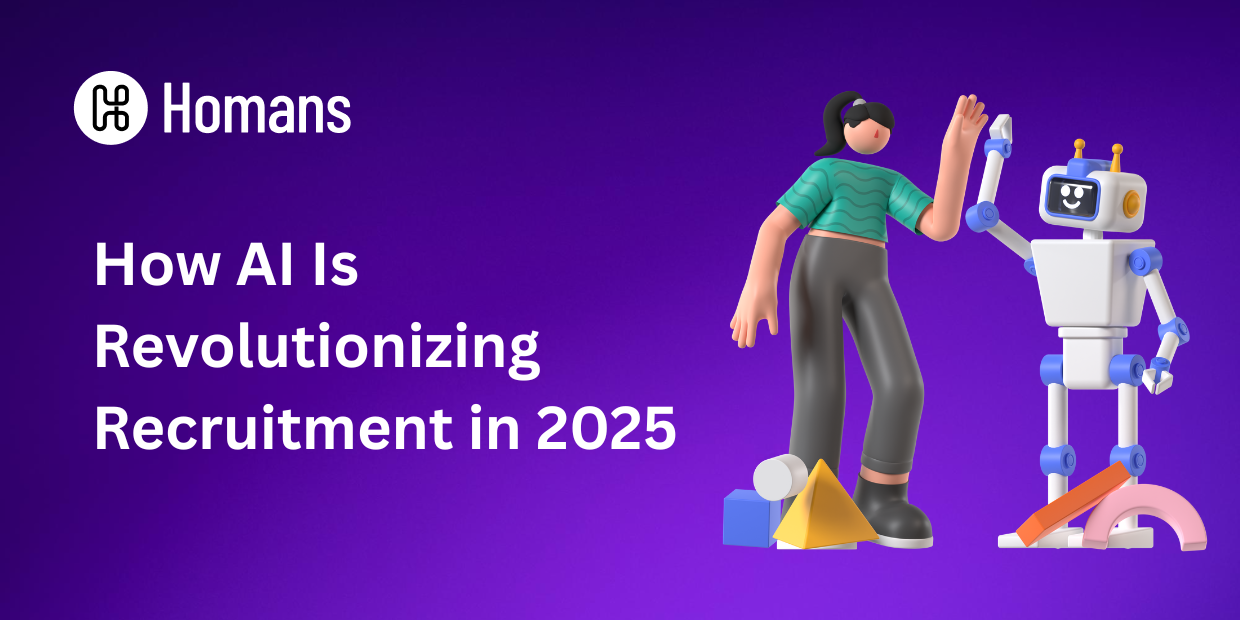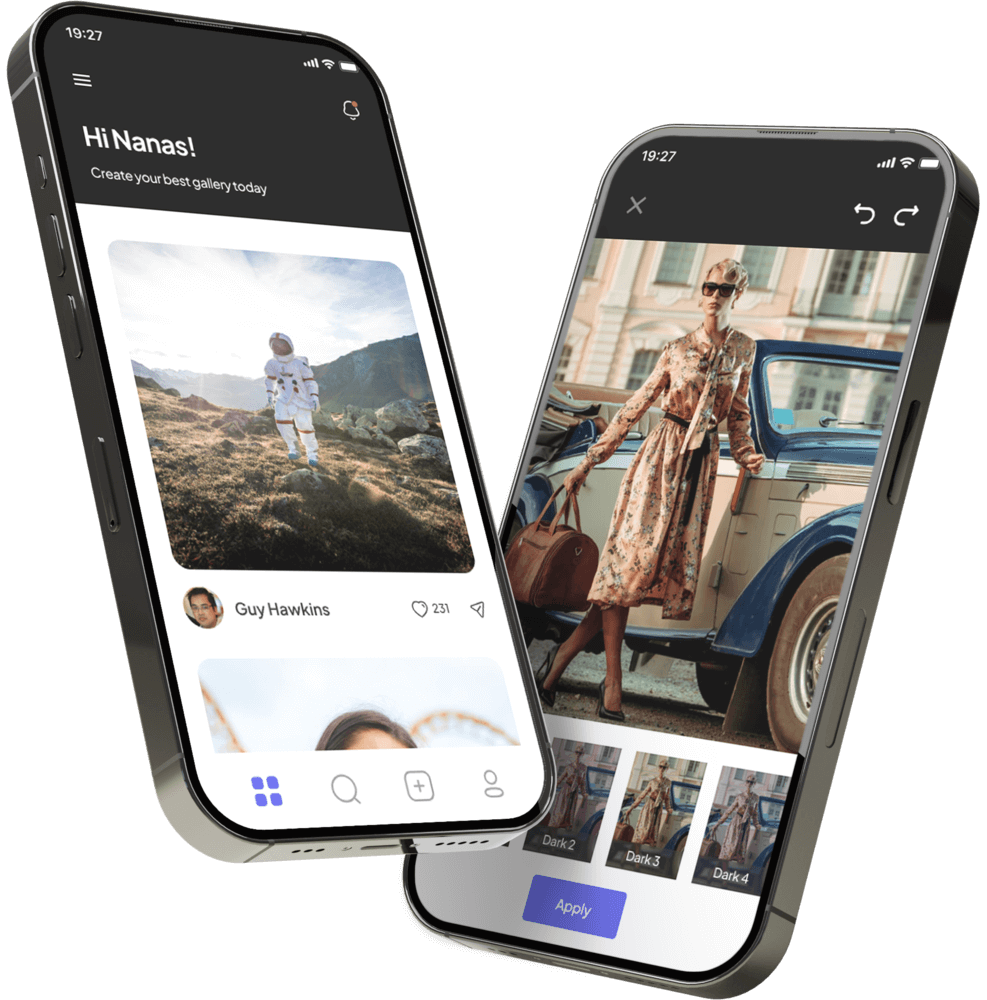The recruiting landscape is undergoing a revolutionary transformation. As we move through 2025, artificial intelligence isn’t just changing how companies hire—it’s fundamentally reshaping the entire talent acquisition ecosystem. With 93% of Fortune 500 CHROs now incorporating AI technologies to improve their hiring practices and become the Future of Recruitment, we’re witnessing a paradigm shift that promises to make recruitment faster, smarter, and more equitable than ever before.
This isn’t about replacing human recruiters; it’s about supercharging their capabilities and creating a hiring process that benefits both employers and candidates. From AI-powered resume screening that processes applications in seconds to predictive analytics that forecast candidate success, the future of recruitment is here—and it’s powered by artificial intelligence.
The Current State: AI Adoption Accelerates
The adoption of AI in recruitment has reached a tipping point. Recent data shows that 37% of organizations are now actively integrating or experimenting with generative AI tools, up from just 27% a year ago2. This rapid acceleration reflects a broader understanding that AI isn’t just a competitive advantage—it’s becoming essential for survival in today’s talent market.
Key statistics driving this transformation:
- 99% of Fortune 500 companies now use some form of automation in their hiring process3
- Organizations using AI in recruitment achieve a 30% improvement in time-to-hire and a 25% reduction in recruitment costs4
- AI recruiting assistants have been proven to improve scheduled interview show rates significantly5
- Companies utilizing AI-assisted messaging are 9% more likely to make a quality hire6
Revolutionary AI Applications Transforming Hiring
1. Intelligent Resume Screening and Candidate Matching
Traditional resume screening—where recruiters spend mere seconds evaluating each application—is being revolutionized by AI. Modern AI systems can analyze resumes in real-time, identifying not just explicit qualifications but also inferring skills and potential that might not be immediately apparent1.
How it works:
- Natural Language Processing (NLP) algorithms parse resumes to understand context and meaning
- Machine learning models identify patterns that correlate with successful hires
- Skills inference technology recognizes capabilities that aren’t explicitly listed but are associated with specific roles or experiences1
Companies like Unilever have already seen remarkable results, saving over 100,000 hours annually with AI in their hiring process7. The technology doesn’t just speed up screening—it often identifies qualified candidates who might have been overlooked in traditional processes.
2. Conversational AI and Intelligent Chatbots
AI-powered chatbots are transforming the candidate experience from the first point of contact. These sophisticated systems can conduct initial screenings, answer questions, and even schedule interviews without human intervention8.
Advanced capabilities include:
- 24/7 candidate engagement across multiple languages
- Intelligent pre-screening using customizable questions and scoring
- Automated interview scheduling that syncs with recruiter calendars
- Personalized candidate journeys based on individual profiles and preferences9
Studies show that 58% of job seekers are comfortable interacting with AI chatbots in the early stages of the application process5, indicating strong candidate acceptance of these technologies.
3. Predictive Analytics for Strategic Hiring
Perhaps the most transformative application of AI in recruitment is predictive analytics. These systems analyze vast datasets to forecast hiring needs, predict candidate success, and identify potential retention risks10.
Predictive analytics enables:
- Candidate success prediction based on historical performance data
- Turnover reduction through early identification of at-risk hires
- Talent pool analysis to forecast future staffing needs
- Performance forecasting to determine which candidates are likely to excel in specific roles10
Organizations using predictive analytics can shorten hiring cycles by 85% and reduce average time-to-fill positions by 25%11.
4. AI-Powered Video Interviews
Video interview platforms enhanced with AI are providing unprecedented insights into candidate capabilities. These systems analyze verbal and non-verbal cues, communication patterns, and even technical skills in real-time12.
Key features include:
- Automated scoring and assessments based on predefined criteria
- Real-time transcription and analysis in multiple languages
- Bias reduction through objective, data-driven evaluation
- Scalable screening for high-volume hiring scenarios13
The Skills-Based Hiring Revolution
One of the most significant trends accelerating AI adoption is the shift toward skills-based hiring. This approach evaluates candidates based on their actual abilities rather than traditional credentials like degrees or years of experience14.
Why skills-based hiring matters:
- 45% of companies are expected to drop degree requirements for key roles in 202514
- Skills-based hiring is 5 times more predictive of job performance than education-based hiring7
- It’s twice as predictive compared to relying solely on work experience7
- Companies using this approach see 34% longer retention rates for employees without traditional degrees7
AI makes skills-based hiring practical at scale by automatically identifying and assessing competencies that might be difficult for human recruiters to evaluate quickly and consistently.
Measuring the ROI: Tangible Benefits of AI Recruitment
The return on investment for AI recruitment technologies is becoming increasingly clear, with organizations reporting significant improvements across multiple metrics15.
Cost Reduction
- 77.9% of organizations report cost savings with AI in hiring decisions
- 32.7% experience strong cost savings, while 45.2% see moderate savings16
- AI can reduce hiring costs by 30% per hire through automation5
Time Efficiency
- 89.1% of respondents report that AI significantly or somewhat speeds up the hiring process16
- 85.3% of hiring teams spend less time on recruitment activities16
- Average time-to-hire reductions of 40% are common12
Quality Improvements
- 50% increase in quality of hires reported by companies using AI recruitment tools16
- Improved candidate matching through sophisticated algorithms
- Reduced bias in hiring decisions through objective, data-driven processes17
Addressing the Challenges: Bias, Ethics, and Human Oversight
While AI offers tremendous benefits, it also presents challenges that must be carefully managed. The most significant concerns revolve around algorithmic bias, transparency, and the need for human oversight18.
Combating AI Bias
Research has revealed that AI systems can perpetuate or even amplify existing biases. A University of Washington study found that three state-of-the-art AI models favored white-associated names 85% of the time and female-associated names only 11% of the time3.
Strategies to mitigate bias include:
- Diverse training data that represents the full spectrum of candidates
- Regular bias audits to identify and correct discriminatory patterns
- Fairness-aware algorithms designed with equity constraints
- Transparency measures that make AI decision-making processes explainable19
Maintaining Human Oversight
The most successful AI implementations maintain human oversight at critical decision points. Rather than replacing human judgment, AI should augment and enhance recruiter capabilities20.
Best practices for human-AI collaboration:
- AI handles initial screening and administrative tasks
- Humans focus on relationship building, cultural fit assessment, and final decisions
- Continuous feedback loops between human recruiters and AI systems
- Clear escalation paths for complex or sensitive situations21
Looking Ahead: The Future of AI-Powered Recruitment
As we look toward the future, several trends will shape the continued evolution of AI in recruitment:
1. AI Agents and Autonomous Recruiting
The next frontier involves AI agents that can handle entire recruiting workflows independently. Workday’s recently announced Recruiter Agent, for example, can create job descriptions, source candidates, and schedule interviews while providing insights to present top candidates for human review22.
2. Conversational AI Evolution
Future AI systems will become even more sophisticated in their ability to conduct natural, empathetic conversations with candidates, potentially handling complex questions about company culture, career development, and compensation23.
3. Integrated Talent Ecosystems
AI will increasingly power unified talent management platforms that connect recruitment with onboarding, performance management, and career development, creating seamless talent experiences24.
4. Predictive Workforce Planning
Advanced AI will help organizations anticipate talent needs months or years in advance, enabling proactive talent acquisition strategies that align with business growth plans25.
Best Practices for Implementing AI Recruitment
For organizations looking to leverage AI in their hiring processes, success depends on thoughtful implementation:
Start with Clear Objectives
- Define specific goals for AI implementation (e.g., reduce time-to-hire, improve quality of hire)
- Identify the most suitable use cases for your organization’s needs
- Establish metrics to measure success and ROI26
Prioritize Candidate Experience
- Ensure AI interactions feel natural and helpful, not robotic
- Provide transparency about how AI is used in the hiring process
- Maintain human touchpoints at crucial moments in the candidate journey27
Invest in Training and Change Management
- Upskill recruiters to work effectively with AI tools
- Foster a culture of human-AI collaboration
- Provide ongoing training on ethical AI use and bias recognition28
Implement Robust Governance
- Establish clear guidelines for AI use in hiring
- Conduct regular audits to ensure fairness and effectiveness
- Maintain compliance with emerging AI regulation and employment law29
Conclusion: Embracing the AI-Powered Future
The future of recruitment is not about choosing between human intelligence and artificial intelligence—it’s about combining both to create a hiring process that is more efficient, fair, and effective than either could achieve alone.
Organizations that embrace AI thoughtfully, with proper oversight and ethical considerations, will gain significant competitive advantages in the war for talent. They’ll be able to identify top candidates faster, reduce hiring costs, improve retention rates, and create better experiences for both recruiters and candidates.
The question isn’t whether AI will transform recruitment—it already has. The question is whether your organization will be among the leaders leveraging these powerful technologies to build the workforce of the future, or whether you’ll be left behind trying to compete with outdated manual processes.
The future of hiring is here, and it’s powered by AI. The time to embrace this transformation is now.
Ready to transform your recruitment process with AI? Start by identifying your biggest hiring challenges and exploring how AI solutions can address them. Remember, the most successful implementations begin with a clear strategy, strong ethical guidelines, and a commitment to maintaining the human elements that make great hiring decisions possible.

